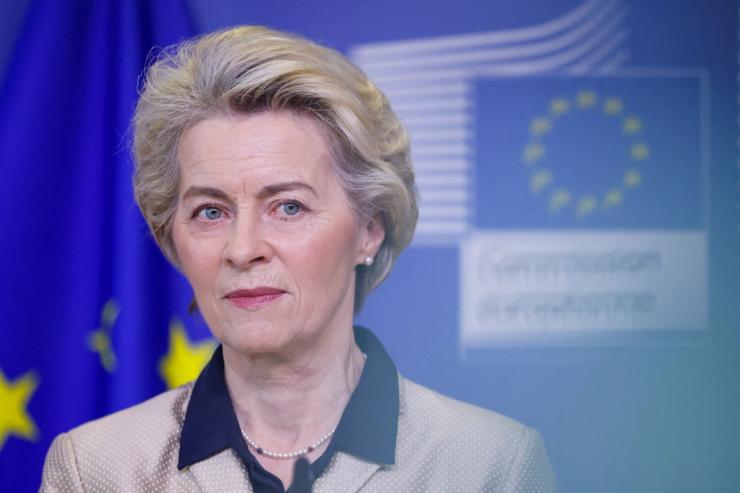The News
Tense talks between the European Union and China have highlighted growing concerns over a global shift away from promoting trade.
European and Chinese leaders met in Beijing, as China looks to ensure the EU that it can be a key trading partner. But recent trade deals have fallen apart, and Brussels has taken a “de-risking” strategy with Chinese trade in hopes of reducing its reliance on Beijing.
Both sides reaffirmed their commitment to trade Thursday, with European Commission president Ursula von der Leyen saying, “I’m glad that we agreed with President Xi that trade should be balanced between the two of us.”
SIGNALS
Under von der Leyen, trade has faltered. A deal with South American nations which has been in the works for nearly two decades fell apart this week, Politico reported, following the change of government in Argentina and opposition from within the EU. Von der Leyen’s commission continues to make sweeping plans for new trade deals — but they often crumble before policies are adopted, EU politicians have said. The “geopolitical ambitions of the Commission’s president got in the way of delivering deals that would have been possible,” one European diplomat told the outlet.
Protectionist policies could threaten global trade. While there is so far no evidence that trade is truly deglobalizing, trade has “fallen modestly,” the International Monetary Fund said this summer. Much of that decrease has been driven by China, which prioritizes domestic consumerism but pursues new foreign trade deals. Economies have a lower appetite for risk, analysts said, and that is manifesting in fewer trade deals. “A slowdown in growth will certainly create a more hostile environment for trade,” an analyst for Chatham House wrote in July.
The U.S. pumped the brakes last month on a trade plan that would see global standards adopted in 13 Pacific nations. Hoping to reduce Chinese influence, the Biden administration introduced a trade deal in 2022 that would strengthen regional alliances. But the White House told negotiators to slow down talks, Axios reported, over fears that the deal could be a hindrance to President Joe Biden’s re-election campaign.



